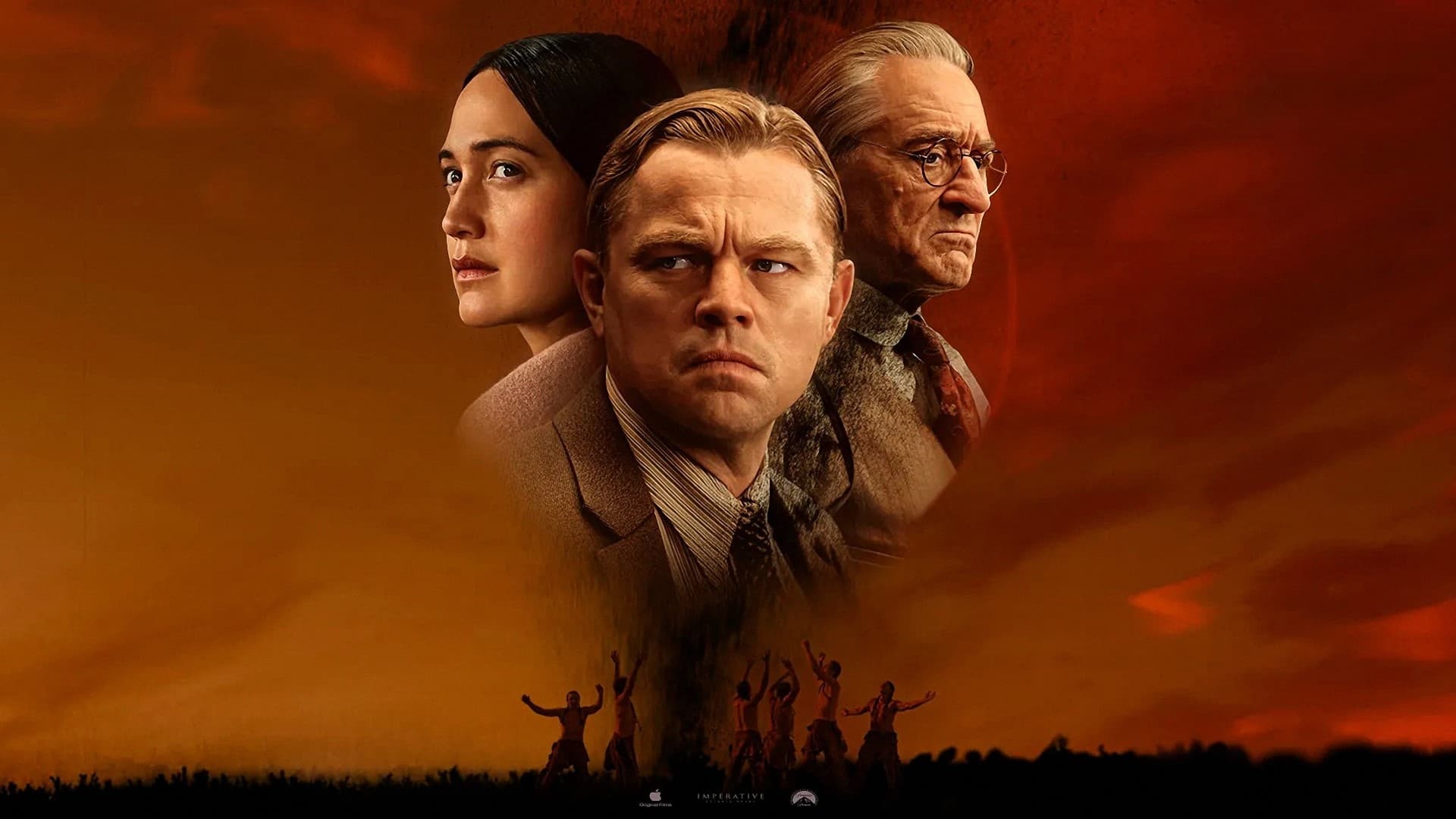What Is a Box Office Flop? Streaming Services, Digital Rental and Purchase Platforms Have Executives Rethinking Strategies
“Killers of the Flower Moon” and “Napoleon” were box office disasters for Apple, but the two movies were profitable anyway thanks to digital purchase platforms.

Is “Killers of the Flower Moon” a business success? There are data points in favor of either side to the argument; those who would say that the film is a failure need only point to its underwhelming box office receipts, as it pulled in just $157 million in theaters compared to its reported $215 million budget. However, those who say that the movie has been successful can point to the fact that despite those low ticket sales, the movie became profitable thanks to its time on premium video-on-demand (PVOD) platforms that allow viewers to rent or buy movies that are still in theaters. Such platforms are becoming increasingly important parts of the profitability equation for studios when planning out their film slates, and they may force analysts to rethink what a box office flop actually is in today’s day and age of streaming media.
- “Killers of the Flower Moon” and “Napoleon” both achieved profitability on PVOD platforms, despite low box office hauls.
- Apple takes a different view of theatrical releases than Netflix, as cinematic releases raise awareness for films even if they don’t make much money.
- Studios are plotting out what a movie will make over 10 years before committing to them, factoring in profits on PVOD platforms and on-demand streaming services.

A source within Apple Studios revealed to Variety that despite bad box office performances, “Killers of the Flower Moon” and “Napoleon” have both made enough money on PVOD platforms like the Apple store and Prime Video to surpass their production and advertising budgets. “Killers” reportedly had a budget of $215 million, and Apple spent more than $700 million combined on the Martin Scorsese film, “Napoleon,” and the recent spy comedy “Argylle.”
On-demand streaming is also playing its part. “Killers” has become the most-watched movie in the history of Apple TV+ over its first 45 days of availability on the service and has driven a significant — but unspecified — number of new subscriptions to the streamer as well. One recent survey estimated that 17% of Apple TV+’s total subscriber base had watched “Killers” on the service within its first seven days of availability, which led all of the movies nominated for the Best Picture Oscar this year.
Apple is dedicating $1 billion per year to releasing movies theatrically, and despite the box office performance of “Killers,” “Napoleon,” and “Argylle,” it’s fair to assume that the company sees its strategy as largely successful so far. Both “Napoleon” and “Killers” achieved a relatively impressive 58% audience awareness score in the United States, whereas “Argylle” pulled a 45% score. Variety reports that Apple’s brain trust is convinced that placing high-awareness movies exclusively on Apple TV+ is good for the service, as it adds value for subscribers and keeps them from canceling their subscriptions.
Without a deep library of licensed titles, Apple TV+ is at a disadvantage when compared to its legacy studio competitors and Netflix, which spends heavily on acquisitions. Therefore, the marketing pushes behind releasing films in cinemas has a long tail, benefiting their initial box office chances while also providing them with the familiarity and credibility that will help grow the reputation of the platform. Apple has recently debuted a slate of 50 licensed films on the service that will be available for a limited time, and it would not be surprising is the service experiments with that more in the future as well.
Is It Getting Harder to Label Movies as Flops?

The way that most studios are plotting out their feature film releases, box-office receipts may not be enough to label movies as flops any longer. As the successful PVOD releases for “Killers” and “Napoleon” demonstrate, premium rentals and purchases of films can make up a big part of the overall revenue drawn in by any movie in question.
Studios are enjoying what John Mass of “The Town” podcast calls a “waterfall effect” with their movies. Theatrical releases are still an important part of the equation for studios, which is why none have returned to the strategy of day-and-date streaming releases that became common at the height of the COVID-19 pandemic. But studios generally have to split money brought in by ticket sales 50/50 with theater chains in the initial weeks of release, whereas rentals and purchases on PVOD platforms send a greater percentage of revenue back to the studios.
Movie producers also hold the rights to license their films to other distributors, for which they gain considerable fees. That’s a big reason why a studio like Lionsgate has so many windowed-streaming deals in place; first, its movies go to its in-house streaming service STARZ, then to The Roku Channel, and to finally Peacock after they leave PVOD services. Lionsgate gets to triple-dip on revenues this way, as it collects money from the box office, PVOD rentals and purchases, and licensing fees from Roku and NBCUniversal.
Indeed, studios such as Warner Bros. Discovery are taking long views when it comes to films like “Dune: Part Two.” With a reported budget of $190 million, “Dune: Part Two” would have to make $400 million at the domestic box office to break even after marketing and promotional costs are figured in. While that seems likely considering the film’s strong start ($82.5 million in its opening weekend alone), WBD is projecting 10 years into the future to determine whether or not the film is ultimately a financial success. This allows the studio to factor in new customers attracted to the Max streaming platform by the film in the future, as well as potential theatrical re-releases, rentals and purchases (both digital and physical), and more. Collider reports that additional screenings of the 2021 “Dune” movie, designed to promote the second part of the franchise, brought in as much as $30 million in additional revenue.
It’s been a long time since new movies went from theaters to VHS/DVD to complete their release cycles. Nowadays, films have to make stops on PVOD platforms before heading to whichever streaming service holds the Pay 1 rights to that studio’s content, and oftentimes, that doesn’t end their home release journey. There’s profit to be had every step of the way for studios, which shows why executives are likely rethinking what a hit is, and what constitutes a box-office flop.
Apple TV+
Apple TV+ is a subscription video streaming service for $9.99 a month that includes high-quality original shows and movies including Best Picture winner “CODA,” popular sitcom “Ted Lasso,” and dramas like “The Morning Show” and “Severance.” Apple TV+ is also home to MLB baseball games on Friday nights and MLS Season Pass.

